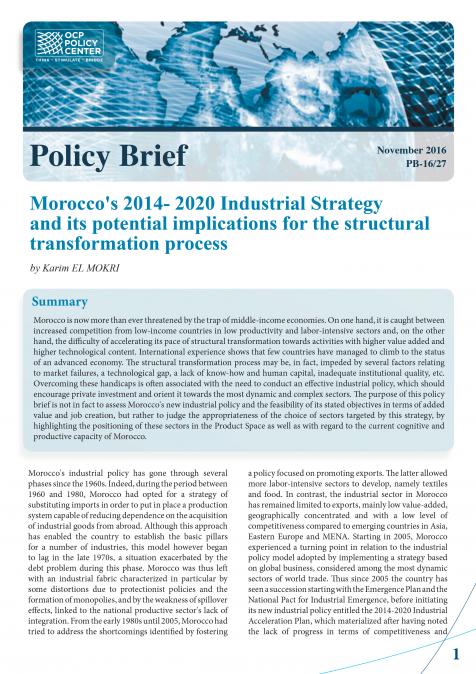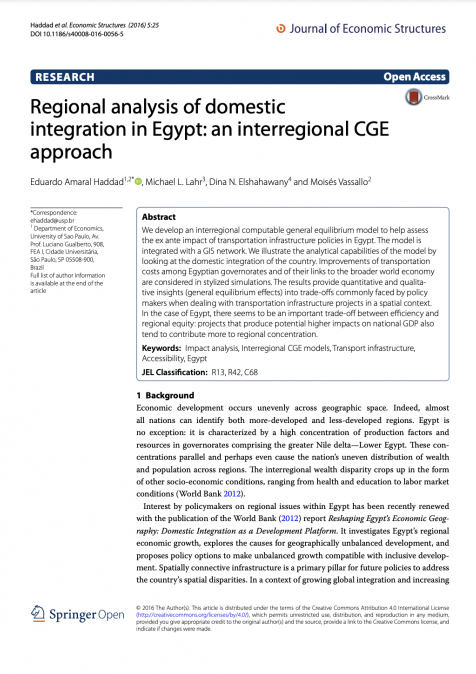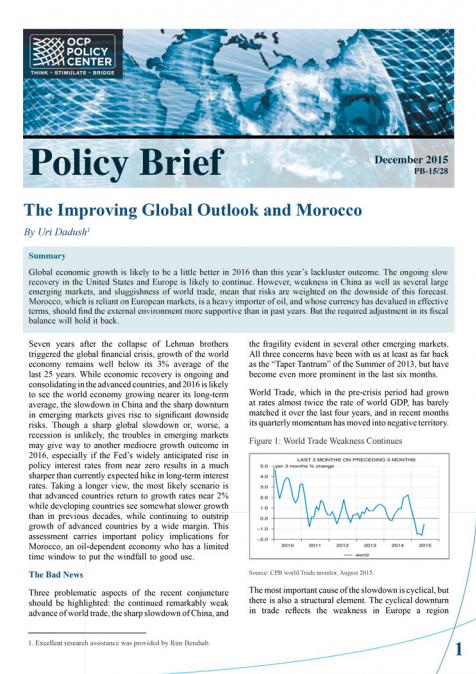Podcasts
The transformational potential of the AfCFTA for Africa and strategies for its successful implementation
Related topics:
The African Continental Free Trade Agreement (AfCFTA) began trading on January 1st, 2021, after months of uncertainty due to the COVID-19 pandemic. It is the largest free trade area in the world, and many experts agree that the AfCFTA is an economic and globalization game changer, as it has the potential to transform African economies and position the continent as an increasingly dynamic force in the international arena. Severely impacted by the pandemic, African countries will deeply benefit from the agreement, as it is expected to speed up the recovery of African economies and enhance their resilience. In this podcast, Professor Landry Signé discusses the challenges and opportunities of the AfCFTA and what could be identified as « good practices » for its successful implementation.





